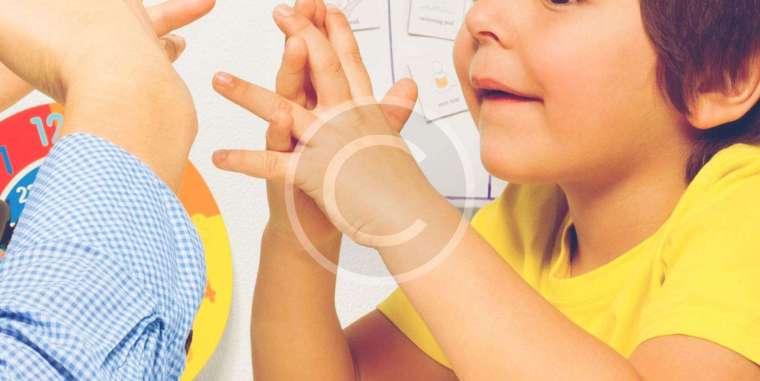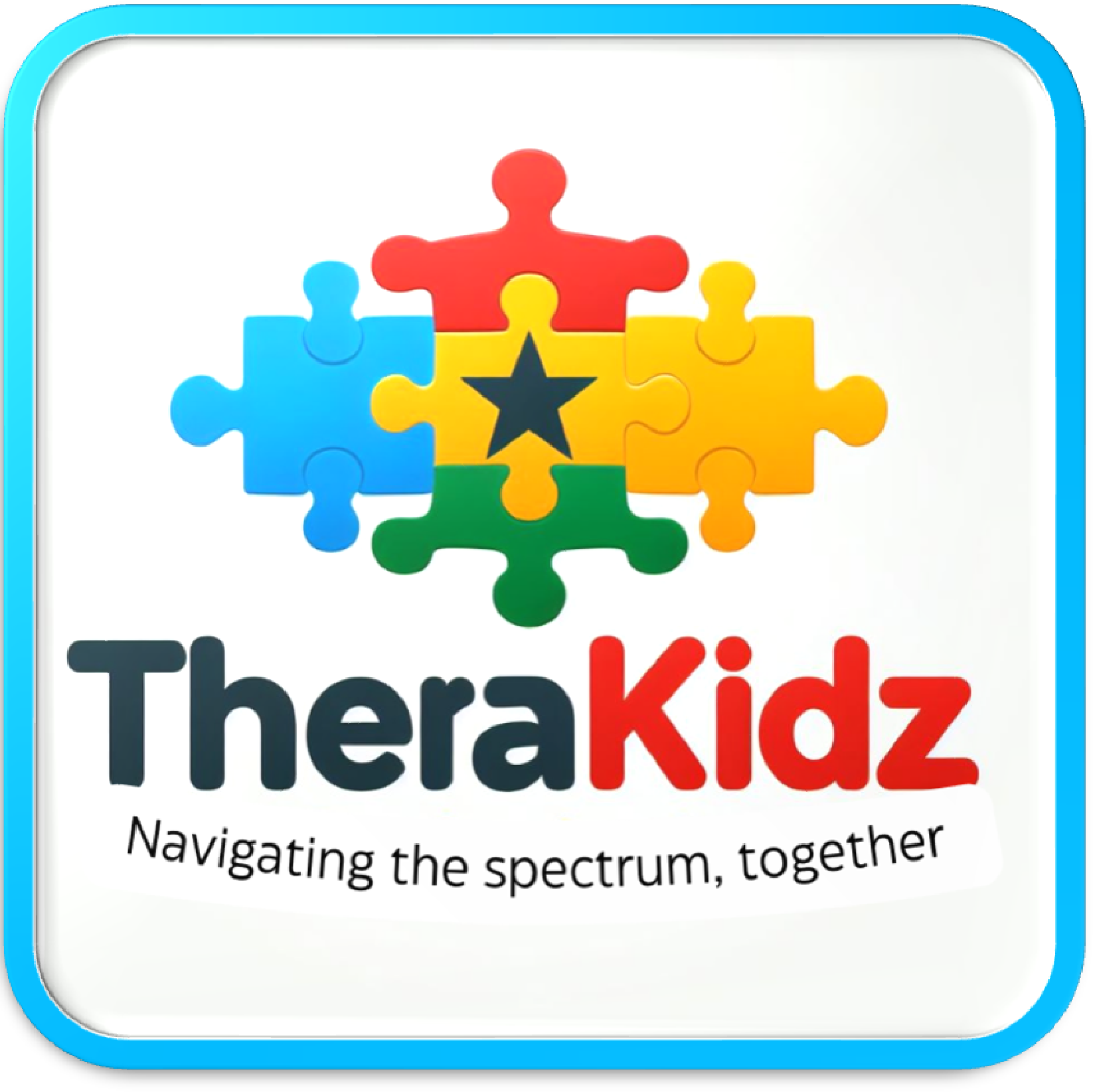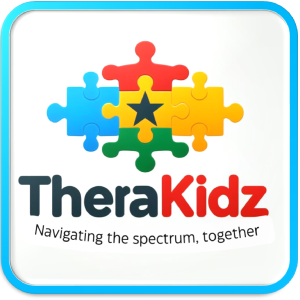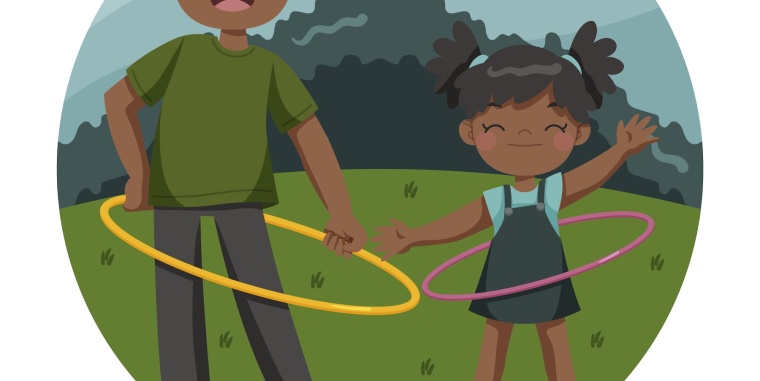
1. Support independent exploration of personal interests and recreational activities

1.Critical thinking, problem-solving, organizational strategies 2.Self-monitoring, goal-setting, and self-evaluation

1. Support literacy skills such as reading short paragraphs and answering comprehension questions. 2. Support basic math operations and concepts like time, money, and measurement.

1.Transition from imaginative to role-play, including scenarios like shopping, cooking, or storytelling. 2.Encourage cooperative games requiring strategy and teamwork.

1.Precision-based tasks such as tying shoelaces, using scissors, and detailed drawing. 2. Multi-step motor activities.

1.Enhance group participation (turn-taking, sharing, and problem-solving). 2. Develop understanding of non-verbal cues (body language and facial expressions.

1.Expand vocabulary (descriptors, prepositions. 2.Improve sentence structure (combining adjectives & nouns). 3.Teach appropriate tone and volume (Prosody)

1.Develop conversational skills 2.Teach comprehension and expression of abstract concepts (e.g., emotions, preferences, and beliefs



